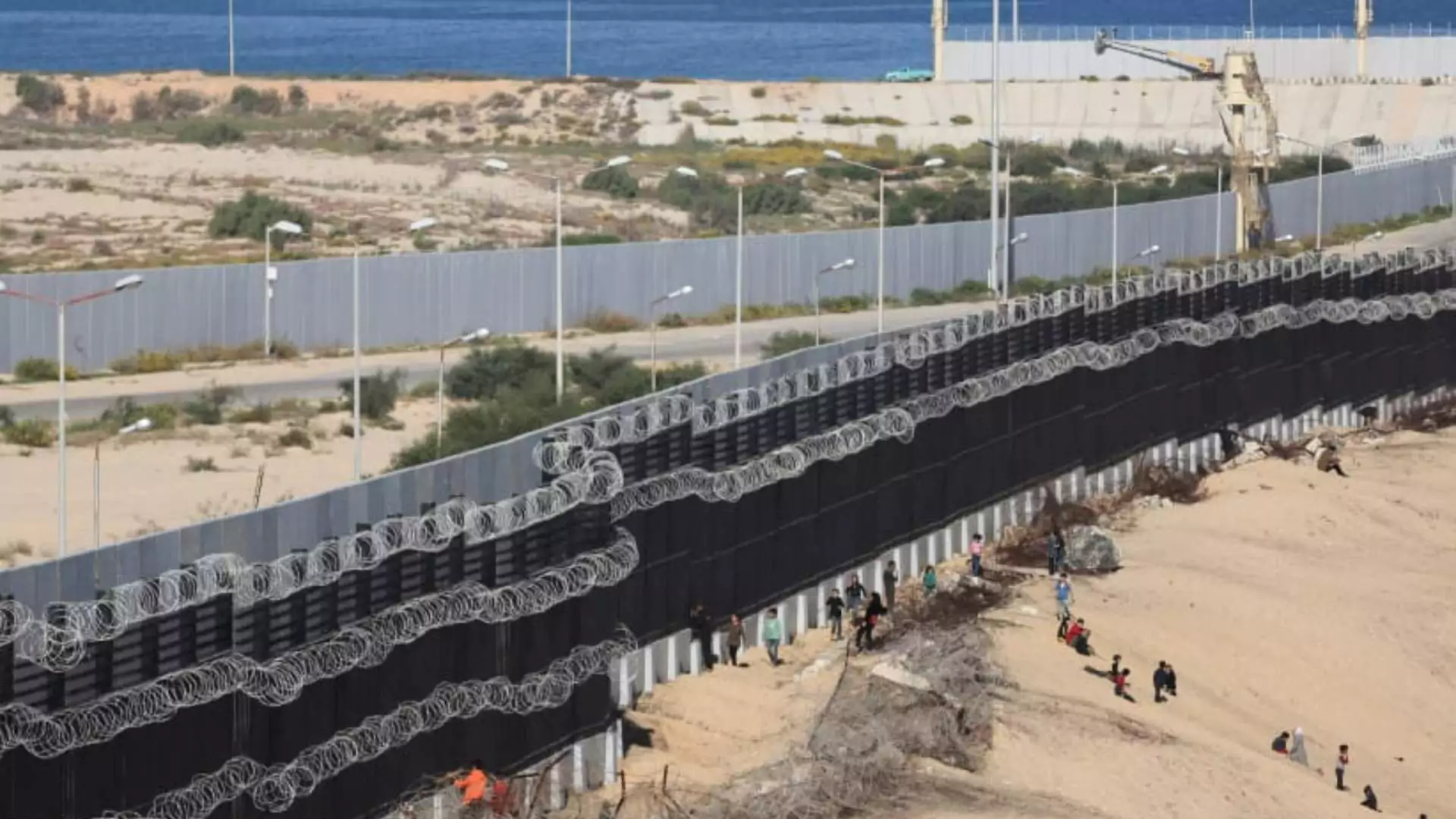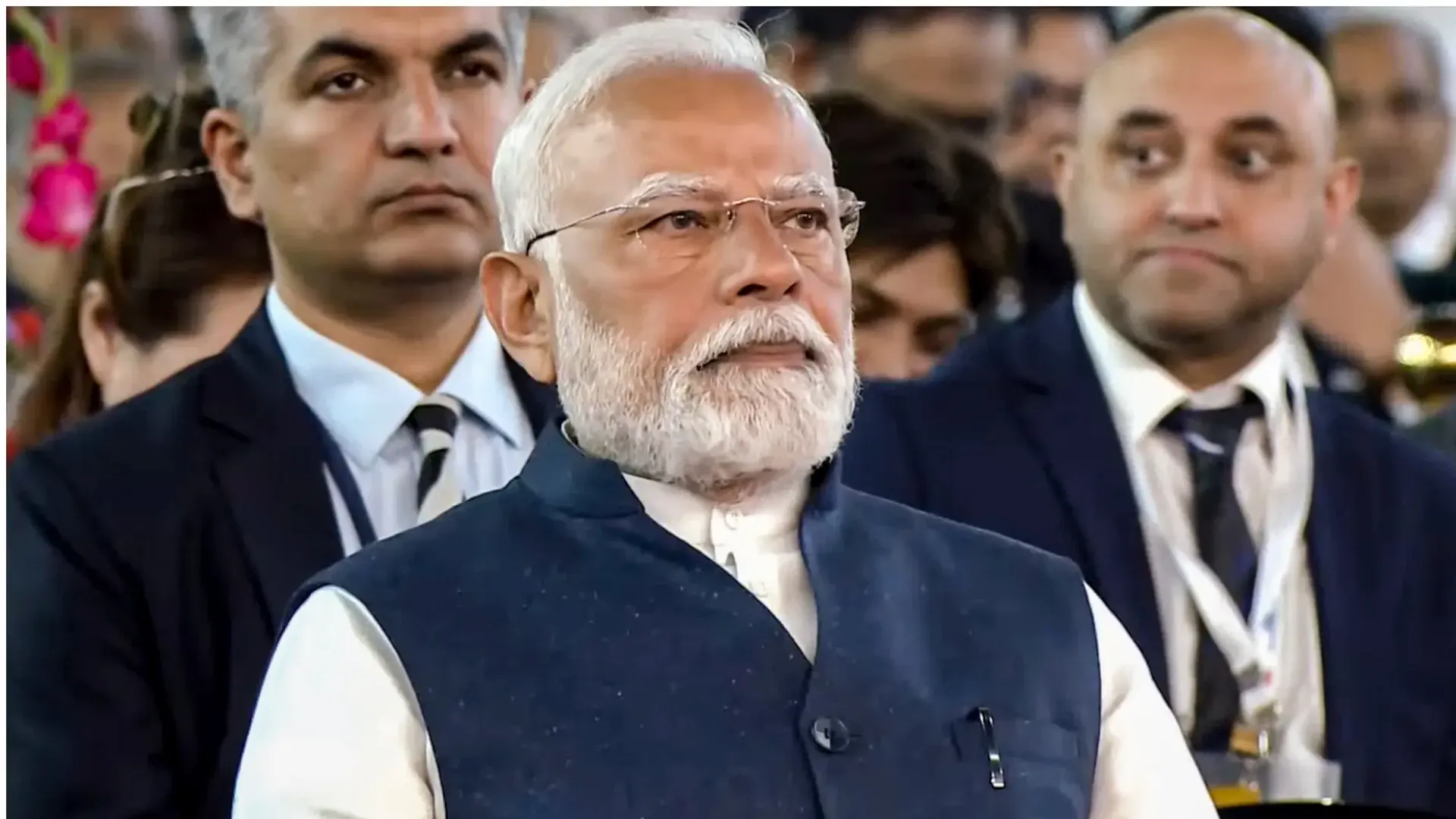Israeli Prime Minister Benjamin Netanyahu has said that he will not compromise on maintaining troops in the Philadelphi Corridor, located on the border between the Gaza Strip and Egypt, as reported by the Israeli media on Sunday.
Netanyahu responded to Defense Minister Yoav Gallant’s comments during a Cabinet meeting, expressing that he shared the desire to release hostages as much as Gallant did.
Previously, Israeli Defense Minister Yoav Gallant had urged the immediate convening of the Security Cabinet to reverse its decision to retain forces in the Philadelphi Corridor. In a statement on X, Gallant emphasized the urgency for the Security Cabinet to meet and overturn the decision made on Thursday.
In response to Gallant’s request, Netanyahu maintained that even after the murder of the hostages, Israel would not compromise on the Philadelphi route. He questioned the rationale behind canceling the recent Cabinet decision, especially after the tragic killing of the hostages.
Israel to continue presence of the army in Philadelphi Corridor
This exchange followed an announcement by the Israeli army that it had recovered the bodies of six hostages from the southern Gaza Strip. According to the Israeli media, three of these six hostages were scheduled for release in the first phase of a prisoner swap deal that is currently under negotiation. The report mentioned that these individuals had appeared on lists handed over at the beginning of July, suggesting that it was possible to bring them back alive.
Hamas claimed that the six hostages were killed due to ongoing Israeli airstrikes in the Gaza Strip. Israel estimates that more than 100 hostages remain held by Hamas in Gaza, with some feared to have already been killed.
On Thursday, the Security Cabinet had approved the continued presence of the army in the Philadelphi Corridor as part of any proposed hostage exchange and cease-fire agreement. This decision aligned with Prime Minister Benjamin Netanyahu’s stance on the Philadelphi Corridor.
Read More: Israel-Hamas War: Will Biden Present A Final Gaza Deal Before Ending His Term?
Mediation efforts stalled
For several months, the US, Qatar, and Egypt have been attempting to mediate an agreement between Israel and Hamas to facilitate a prisoner exchange and cease-fire, as well as to allow humanitarian aid into Gaza.
Despite a UN Security Council resolution calling for an immediate cease-fire, Israel has persisted in its offensive on the Gaza Strip following an attack by the Palestinian group Hamas on October 7.
After months of warning about a potential ground operation in southern Gaza’s Rafah, Israel took control of the Palestinian side of the Rafah crossing on May 7. Shortly afterward, Israel also seized the Palestinian side of the Philadelphi Corridor, marking the first presence of Israeli troops in the buffer zone since 2005.
By late May, Israeli officials reported that they had discovered 20 tunnels and 82 tunnel access points after taking control of the corridor.
What is Philadelphi Corridor?
The Philadelphi Corridor is a 14-kilometer-long, 100-meter-wide demilitarized buffer zone that runs along the boundary between Egypt and Gaza, from the Mediterranean Sea to the Kerem Shalom crossing. This corridor, named after the Israeli military’s codename for the demilitarized zone, was established under a 1979 peace treaty between Egypt and Israel. At that time, Israel had ended its 12-year control of Egypt’s Sinai Peninsula but continued to control the Gaza Strip. Egyptians refer to the area as the Salah al-Din Corridor, named after the Ayyubid dynasty founder who defeated the Crusaders in Jerusalem in 1187.
The corridor includes the Rafah crossing, the only transit point between Egypt and Gaza. Under the 1979 agreement, Israel was allowed to deploy limited armed forces in the corridor, consisting of four infantry battalions, their military installations, and field fortifications, along with UN observers. Tanks, artillery, or anti-aircraft missiles were not permitted, except for individual surface-to-air missiles.
The stated purpose of these Israeli forces was to prevent weapons from entering Gaza via Egypt. In 2005, Israel withdrew its armed forces from Gaza, including from the Philadelphi Corridor, as part of a disengagement plan.
Philadelphi Accord
The corridor then came under the control of Egypt and the Palestinian Authority (PA), with the PA controlling the Gaza side of the buffer zone. A 2005 agreement between Egypt and Israel, known as the Philadelphi Accord, allowed Egypt to deploy 750 border guards to patrol the corridor for counterterrorism and non-military purposes, including preventing smuggling and infiltration. Two years later, Hamas took full control of the Gaza Strip, ending the PA’s joint administration of the buffer zone.
Also Read: Pope Francis’ Asia-Pacific Trip: Agenda Of The Marathon Trip Explained























